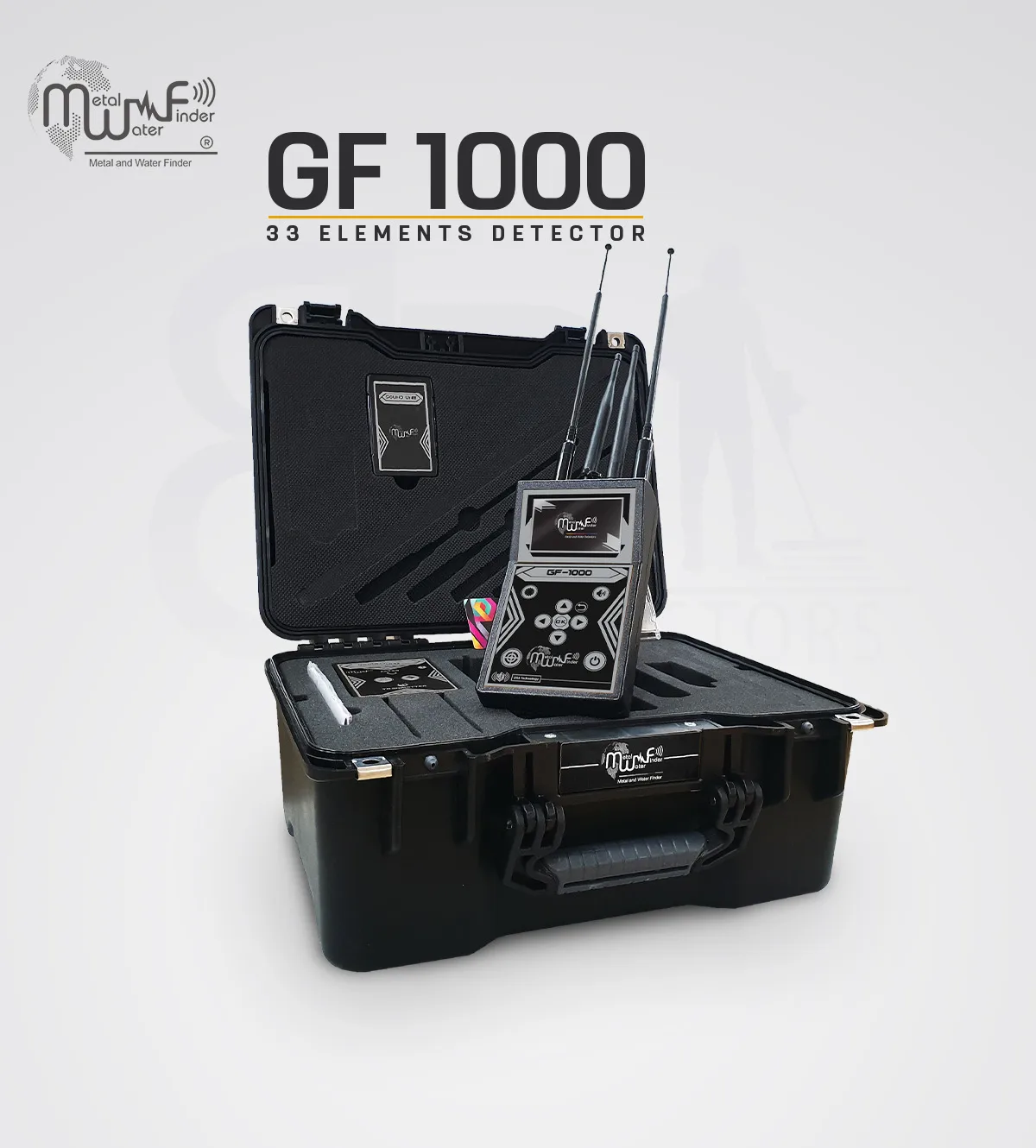You don’t forget the first time a number keeps popping up. For me it was 17—three hits in an hour at a small seaside casino with a wheel that squeaked on every spin. I left wondering: was I just lucky, or did that aging wheel have a tilt in its soul? Years later, after spreadsheets of spin logs, a brief flirtation with camera-based tracking, and a lot of bankroll discipline, I’ve got a clearer answer to the classic question: is roulette truly random, or can wheel bias still beat the house?
Roulette is sold as pure chance. In regulated casinos—especially online—randomness is protected like a state secret. But in the physical world, where metal warps and dealers are human, tiny imperfections can creep in. The trick is separating superstition from statistics, and making sure your profits don’t get trapped in a slow-paying cashier when you finally hit a run.
What “Random” Really Means at the Wheel
Casino randomness isn’t philosophical; it’s mechanical (and digital). A perfect wheel should give every pocket an identical chance, and an online RNG should simulate the same distribution over millions of spins. In practice, randomness is about the absence of exploitable patterns. If you can’t predict the next outcome better than chance, the game is effectively random for you—even if a physicist could model the ball’s path to the millisecond.
Physical vs. Digital Randomness
In brick-and-mortar rooms, randomness is maintained by well-built wheels, frequent maintenance, and dealer procedures like mixing spin speeds and ball releases. Online, RNG wheels rely on audited algorithms, while live dealer streams still use real wheels but add surveillance and automated logging to flag anomalies.
Chasing Bias: Romantic Myth or Real Edge?
I’ll be blunt: genuine, profitable wheel bias exists, but it’s rare, fragile, and expensive to exploit. Teams in the 1980s and 90s famously profited by charting thousands of spins, but modern casinos learned those lessons. Wheels are swapped, leveled, and calibrated more often. Surveillance watches for players logging spins, and staff are trained to vary behavior.
That said, I’ve seen minor clustering in under-maintained local casinos and smaller European rooms. The problem is sample size: to prove a single number is “hot” at a statistically significant level, you need thousands of spins. That’s weeks of observation for a tiny theoretical edge—during which the casino may re-level the wheel and reset your work.
The Bankroll Reality: Speed Matters As Much As Bias
Let’s talk cash flow, because advantages mean nothing if you can’t get paid. When I do test a potential bias, I park my bankroll at operators that pay out fast and fuss-free. The second paragraph of this section is where I always drop my practical recommendation: prioritize Instant Withdrawal Casinos UK so a lucky cluster doesn’t sit locked behind a pending status for days. One clean link, one time, but it matters—especially when you’re cycling winnings quickly to stay under radar.
Why Instant Payouts Protect Your Edge
If you do spot a bias, the clock starts ticking. The venue may fix it, limit you, or simply slow your withdrawal while “verifying documents.” Fast withdrawals let you realize your profit before conditions change. Even without bias, quick access to your funds is part of sane bankroll management—win, withdraw, reset.
How Wheel Bias Actually Works (When It Does)
A roulette wheel can drift off-level by a fraction of a degree. Pockets can wear down, frets can loosen, the ball track can develop micro-scratches that slow the ball in predictable spots. Combine that with a dealer who unconsciously releases at the same speed and position, and you have a subtle bias. The result isn’t guaranteed hits on one number but a cluster—say, 6–9 numbers—showing slightly higher frequency.
Spotting Bias Without Going Full Rain Man
I used to log spins by hand; now I snap quick photos of result boards and transcribe later. Over 1,500–2,000 spins, I check if any sector is hitting 2–3% above expectation. But I also sanity-check: was there a wheel change mid-session? Did the dealer switch balls? Did I misread results? Confirmation bias is brutal—trust math, not feelings.
Live Dealer Streams: Can You Still Find a Tilt?
Live dealer games use real wheels, so bias is theoretically possible. The difference is digital oversight. Providers log every spin, time, wheel ID, dealer, and ball. Anomalies trigger internal audits faster than you can build a usable dataset. Plus, many studios rotate dealers and wheels faster than a Friday night table turnover.
That said, you can still use physics-like methods (timing ball drop, observing dealer signatures) if latency is low and camera angles are consistent. But most platforms randomize spin speeds and ball direction specifically to kill that edge. You’ll spend more time fighting the stream delay than exploiting pockets.
RNG Roulette: The Bias Question is Dead Here
RNG (non-live) roulette is governed by software. Bias would equal a mis-coded or manipulated RNG—something regulators check aggressively. If you think you’ve found a pattern in RNG results, assume it’s your brain playing pattern-matching tricks. Either the game is hacked (and will be shut down) or you’re seeing random clusters.
The Psychology Trap: Hot Numbers, Not Hot Wheels
Casinos love hot number boards. They shove recency bias right in your face. I’ve watched players chase “sleepers” (numbers that haven’t hit in a while) with all the conviction of a prophet. Remember: absence of a number doesn’t mean it’s due. True bias is consistent, sector-based over huge samples. Anything else is noise.
Practical Framework: If You’re Still Curious
Here’s how I approach the wheel-bias question in the real world without losing my sanity:
-
Pick a wheel. Stick to it. Don’t hop tables.
-
Collect 1,000 spins minimum. More is better.
-
Chart results in 37-pocket (European) or 38-pocket (American) maps, not chronological lists.
-
Look for sectors, not singles. A cluster 2–3% high might be worth attention.
-
Verify across multiple sessions and dealers.
-
Bet modestly and track results separately from the logging bankroll.
-
Cash out frequently—fast payout hubs keep you agile.
Ethics and Etiquette: Don’t Be “That” Player
Casinos offer games; you offer action. Hunting bias isn’t cheating, but skulking with cameras and blocking views will get you bounced. Be discreet, be polite, and don’t overstay once you’re ahead. The goal is sustainable profit, not a dramatic ejection and a lifetime ban story.
When Random Is Good Enough (Most of the Time)
For 99% of players, trying to beat roulette with bias is like trying to catch rain with tweezers. You’re better off managing stakes, using sensible betting progressions (not Martingale fantasies), and keeping sessions short. When I’m not in full “lab mode,” I treat roulette as entertainment, not a mathematical battleground. Discipline plus quick payouts keeps the hobby healthy.
The Future: Sensors, AI and Zero Tolerance for Flaws
Casinos are already experimenting with embedded sensors that detect wheel speed, ball deceleration, even micro-vibrations. AI flags unusual hit patterns. As tech costs drop, expect every serious venue to run continuous diagnostics. The romantic image of a wobbly old wheel in a back room is fading fast.
Could Technology Hand Players a New Edge?
Possibly. If real-time spin data ever leaks (legally or otherwise), data miners would feast. But regulators will slam that door hard. Realistically, the edge will shift to those who can interpret massive data sets faster—not those with a notepad by the rail.
Final Verdict: Random Enough, But Never Perfect
Roulette as you encounter it—online or on a modern casino floor—is random enough that you won’t beat it long-term without a rare, fleeting bias. Yes, you can still find imperfect wheels, especially in less regulated rooms, but the time, money, and patience it takes to prove a bias are steep. If you’re in it for the thrill, focus on smart bankroll control and fast, reliable withdrawals. If you’re in it for an edge, be prepared to work like a data scientist—and still lose the moment maintenance tightens a screw.








